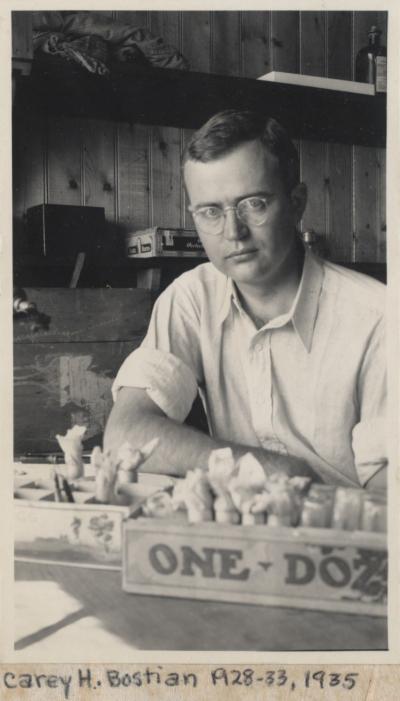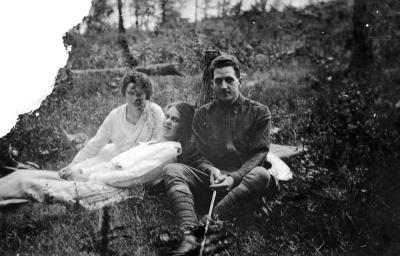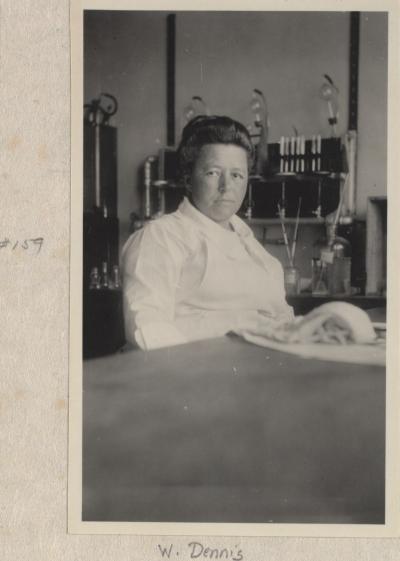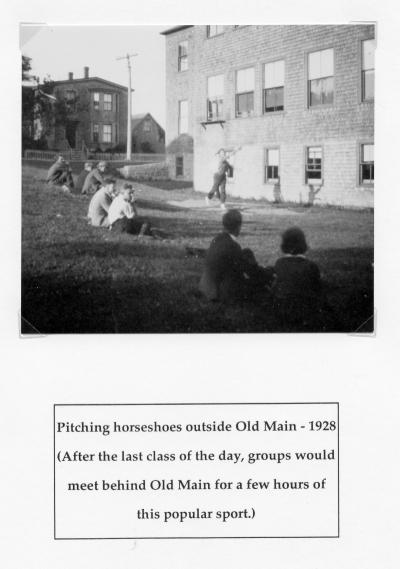Filtering by
- All Subjects: People

In Jeter v. Mayo, the Court of Appeals of Arizona in 2005 held that a cryopreserved, three-day-old pre-embryo is not a person for purposes of Arizona's wrongful death statutes, and that the Arizona Legislature was best suited to decide whether to expand the law to include cryopreserved pre-embryos. The Court of Appeals affirmed a decision by the Maricopa County Superior Court to dismiss a couple's wrongful death claim after the Mayo Clinic (Mayo) allegedly lost or destroyed several of their cryopreserved pre-embryos. In reaching its decision, the Court of Appeals explored ethical and legal issues relating to cryopreserved pre-embryos, including prior case law, the principles of statutory construction, and the Arizona Legislature's role in balancing the societal interests involved.

In Maureen Kass v. Steven Kass (1998), the Court of Appeals of New York in Albany, New York, ruled that the state should generally consider IVF consent forms signed by participants in an in vitro fertilization (IVF) program valid, binding, and enforceable in the event of a dispute. The court indicated that decisions regarding the handling of cryopreserved pre-zygotes, often called preembryos, contained within these consent forms should be upheld. Although Steven and Maureen Kass had signed IVF consent forms agreeing to donate unused preembryos to research, during their divorce Maureen argued for custody of the preembryos. The New York Court of Appeals ruled in favor of Steven Kass and concluded that the informed consent forms signed by the former couple had clearly manifested the coupleÕs mutual intent to donate any preembryos to research in the event of a dispute.

Leonard Hayflick studied the processes by which cells age during the twentieth and twenty-first centuries in the United States. In 1961 at the Wistar Institute in the US, Hayflick researched a phenomenon later called the Hayflick Limit, or the claim that normal human cells can only divide forty to sixty times before they cannot divide any further. Researchers later found that the cause of the Hayflick Limit is the shortening of telomeres, or portions of DNA at the ends of chromosomes that slowly degrade as cells replicate. Hayflick used his research on normal embryonic cells to develop a vaccine for polio, and from HayflickÕs published directions, scientists developed vaccines for rubella, rabies, adenovirus, measles, chickenpox and shingles.

Although best known for his work with the fruit fly, for which he earned a Nobel Prize and the title "The Father of Genetics," Thomas Hunt Morgan's contributions to biology reach far beyond genetics. His research explored questions in embryology, regeneration, evolution, and heredity, using a variety of approaches.





